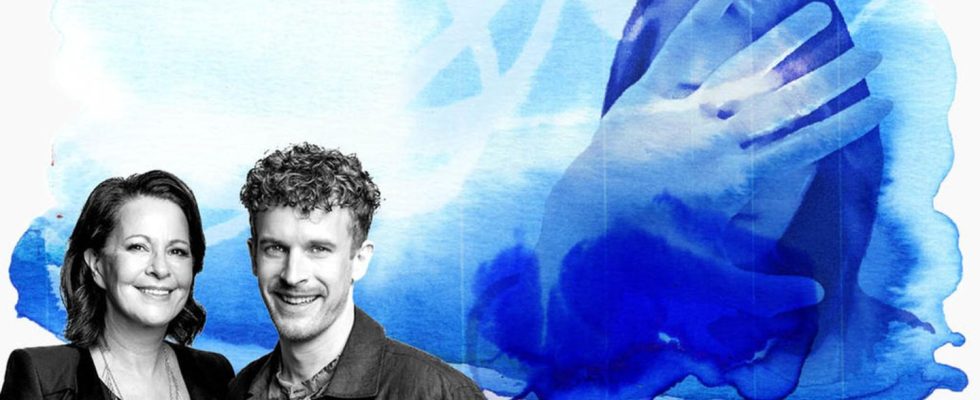Stefanie Stahl is a best-selling author and psychotherapist, Lukas Klaschinski is a podcast star and psychologist – they write one together star-Column on topics of love, family and relationships. This time it’s about saying no – and why so many people are afraid of it.
By Stefanie Stahl and Lukas Klaschinski
Lukas Klaschinski: There are people who find it extremely difficult to say no. They are there for every move, always make themselves available and are always helpful. They are the friendliest of all and have a great sense of duty. A US survey showed that around 49 percent of those surveyed identify as “people pleasers”, i.e. people who like to please others. What experiences have you had with yes-men in your psychotherapeutic practice?
Stefanie Stahl: People pleaser, as you call them, are in fact often very friendly and approachable people who have a strong orientation towards other people’s expectations. We then speak of adapted or over-adapted behavior. The personality factor “tolerability” is particularly strong in these people. If the other person has a different opinion than they do, they feel more psychological stress, as an Australian study has found. The exciting question is the psychological mechanism behind it: Why do these people say yes when they actually mean no?
Lukas Klaschinski: To some extent, we are all hardwired to adapt. We say yes because we want and need the recognition of others. After all, we want to belong to the group. This need belongs to all of us. Being in conflict with someone makes everyone feel uncomfortable. But with very well-adapted people, the degree of adaptation is so high that they themselves disappear: they push back their own needs and boundaries to such an extent that they sometimes don’t even know what they actually want.
Stefanie Stahl: These people feel like there is a lot at stake when they say no. They believe that their rejection could lead to exclusion from the group or that they would endanger their relationship with their counterpart. It’s an incredibly threatening feeling at that moment.

